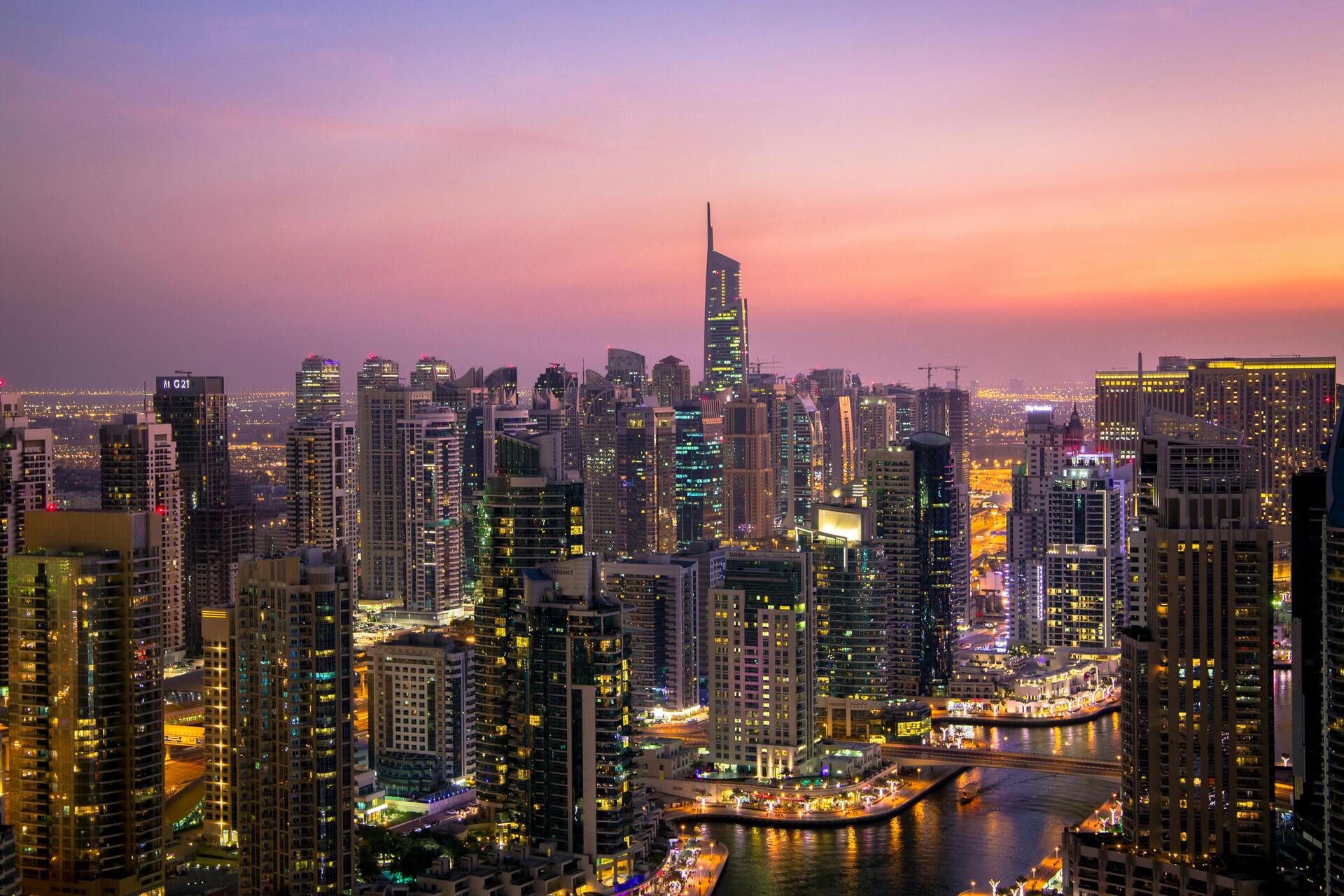In October 2025, FWDstart published the MENA Diaspora 50 – a study exploring how founders of MENA origin are building globally competitive companies abroad. The findings revealed a consistent pattern: the region produces world-class entrepreneurs, but most achieve scale only after relocating to ecosystems that combine capital depth, regulatory trust, and global connectivity.
In this essay, Xavier Kris, founder and CEO of IMX Funds, argues that the United Arab Emirates now meets those conditions, and that it can evolve from a regional startup incubator into a true command centre for scaling Series A and B technology ventures.

The United Arab Emirates is rapidly emerging from its role as a regional startup incubator to become a true global hub for scaling technology companies. In recent years, the UAE has demonstrated remarkable momentum: thousands of new tech companies launched, robust capital availability, and government-driven visions such as Vision 2030 and Vision 2071 setting the stage for innovation-led prosperity and sustainability.
But with this progress comes an undeniable challenge: while the Emirates excels at fostering startups, few technology companies expand their reach globally. Of the thousands founded in recent years, only a small fraction have achieved significant international revenue. What holds them back?
The data and experience tell a compelling story:
Capital gaps: Early-stage investment is strong, but few investors in the region are equipped or willing to power companies through scale-up and Series A/B funding rounds.
Limited market scope: Most companies focus regionally, rarely building the global muscle needed for true export success.
Talent distribution: Despite progressive policies, key technical and commercial talent often remains concentrated in Europe and North America.
Commercialisation constraints: Navigating local regulations and accessing new international markets remain significant obstacles.
However, the landscape is changing. The FWD Start MENA Diaspora 50 confirms that entrepreneurs with roots in the MENA region are building billions in annual revenue when they operate from ecosystems that provide not just capital, but global connectivity, regulatory confidence, and hiring mobility. The UAE now meets these conditions.
Global companies don’t just need capital; they need infrastructure, regulatory trust, access to international talent, and seamless connectivity across continents. The UAE offers all these advantages and more:
World-class infrastructure and connectivity: a geographic nexus between Europe, Asia, and Africa.
Progressive visas and incentives: making the UAE an attractive magnet for world-class executive and technical talent.
Policy coherence: stable, ambitious national strategies for innovation and diversification that give confidence to founders and investors alike.
Attractive corporate tax zones and global capital mobility: creating highly capital-efficient environments for growth.
The true opportunity before the Emirates today is to convert these foundational strengths into a clear, actionable strategy for scaling global technology champions from within its borders. The focus must be on attracting and embedding global Series A and B-stage ventures – companies ready to leap from local to global – into the UAE ecosystem.
This is not just about venture capital, but about “nation-scale venture architecture”: aligning private capital and government policy to drive innovation, job creation, export-driven revenues, and lasting economic diversification.
By harnessing these strategic levers, the UAE will not just compete with established global tech hubs; it will define a new model for nation-building through innovation.





